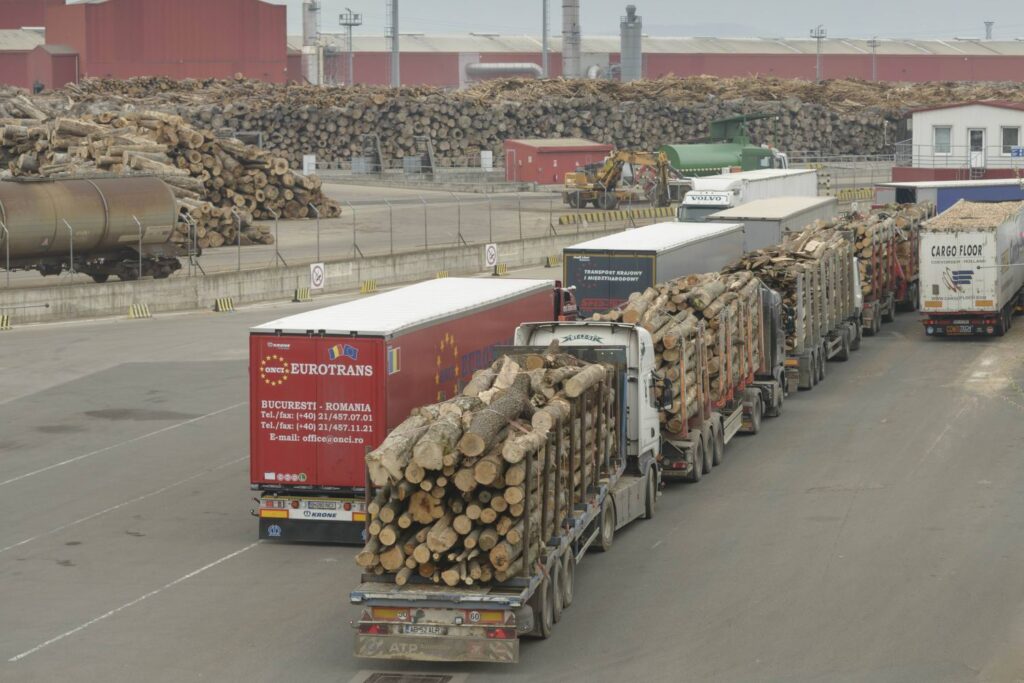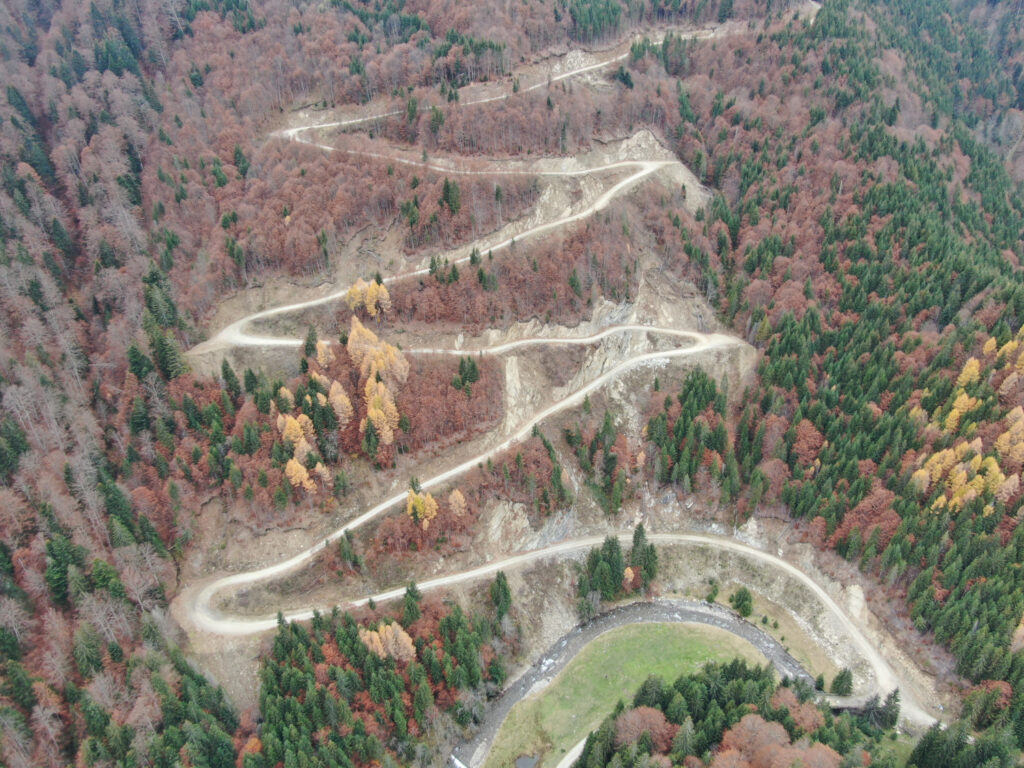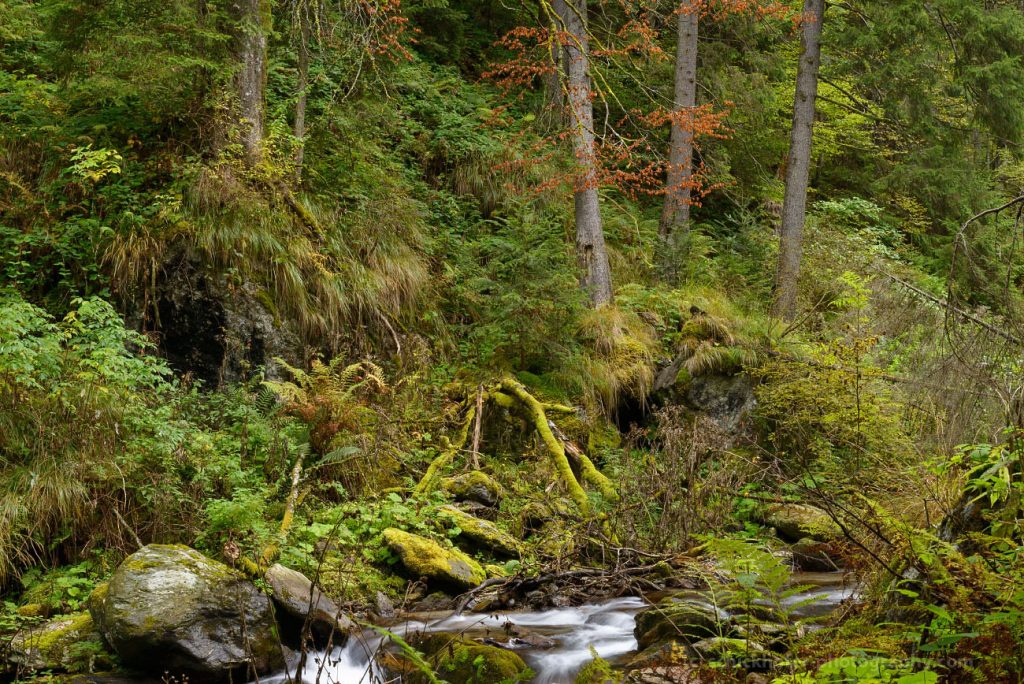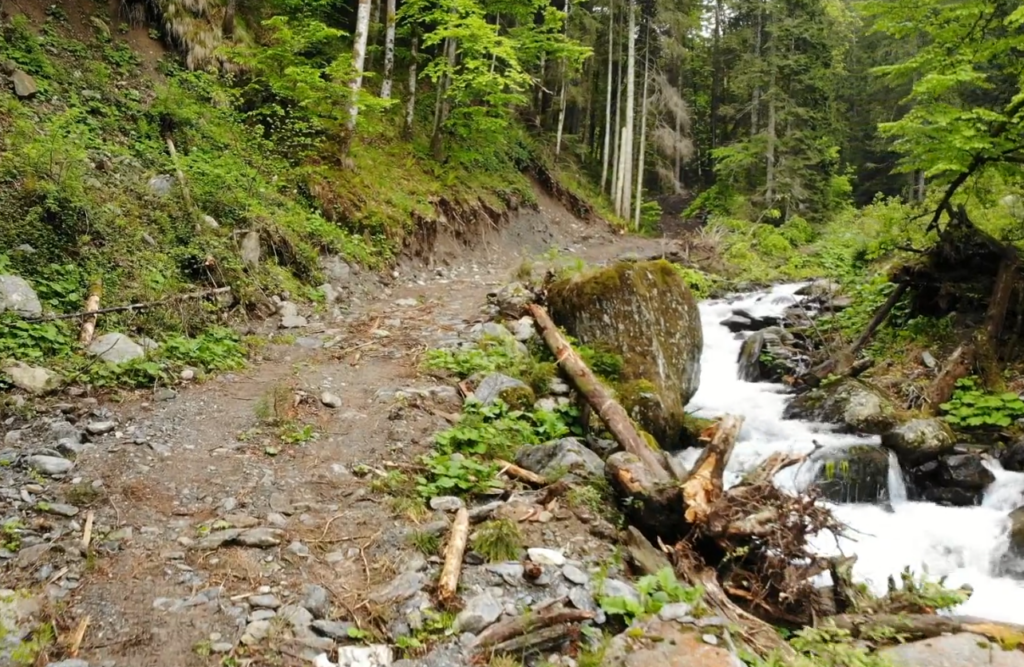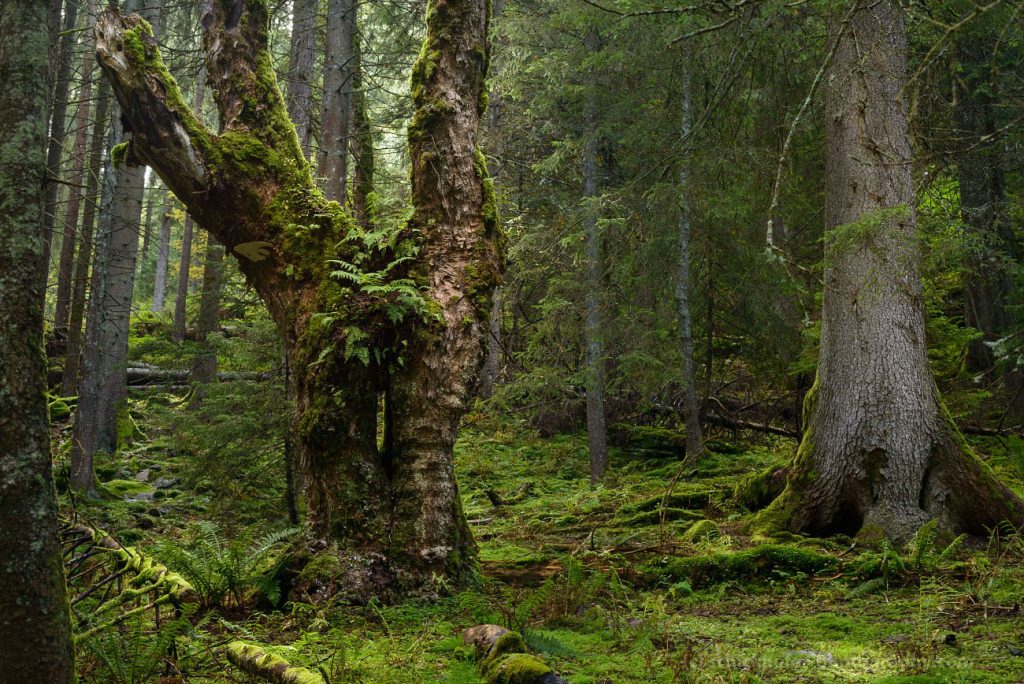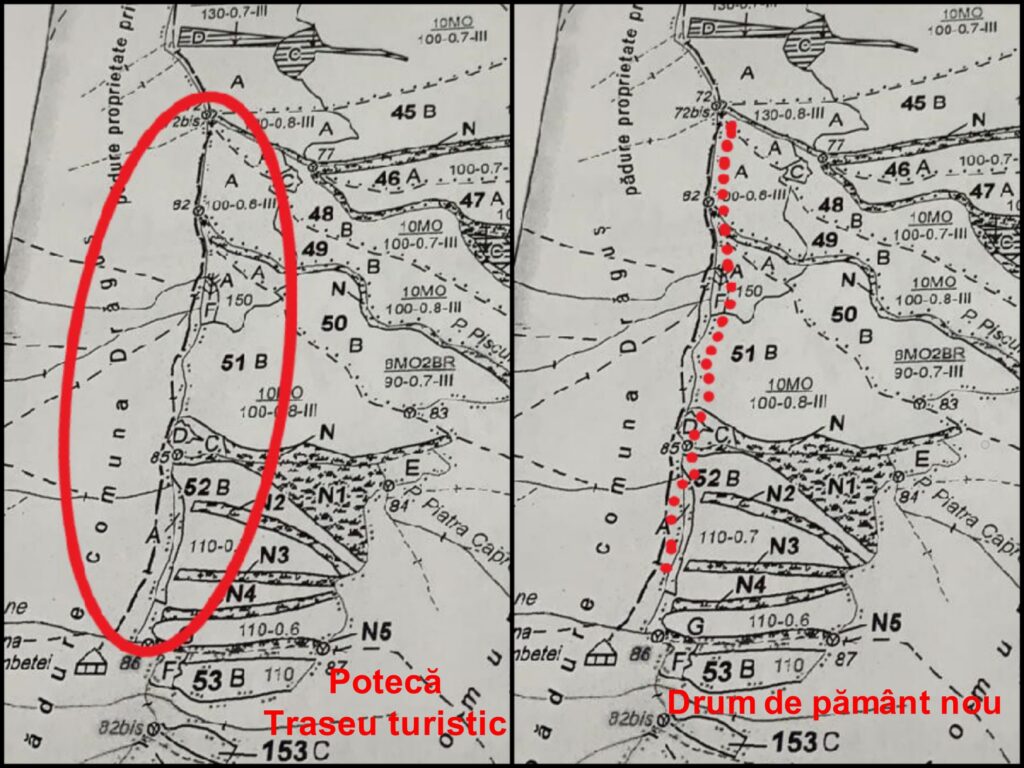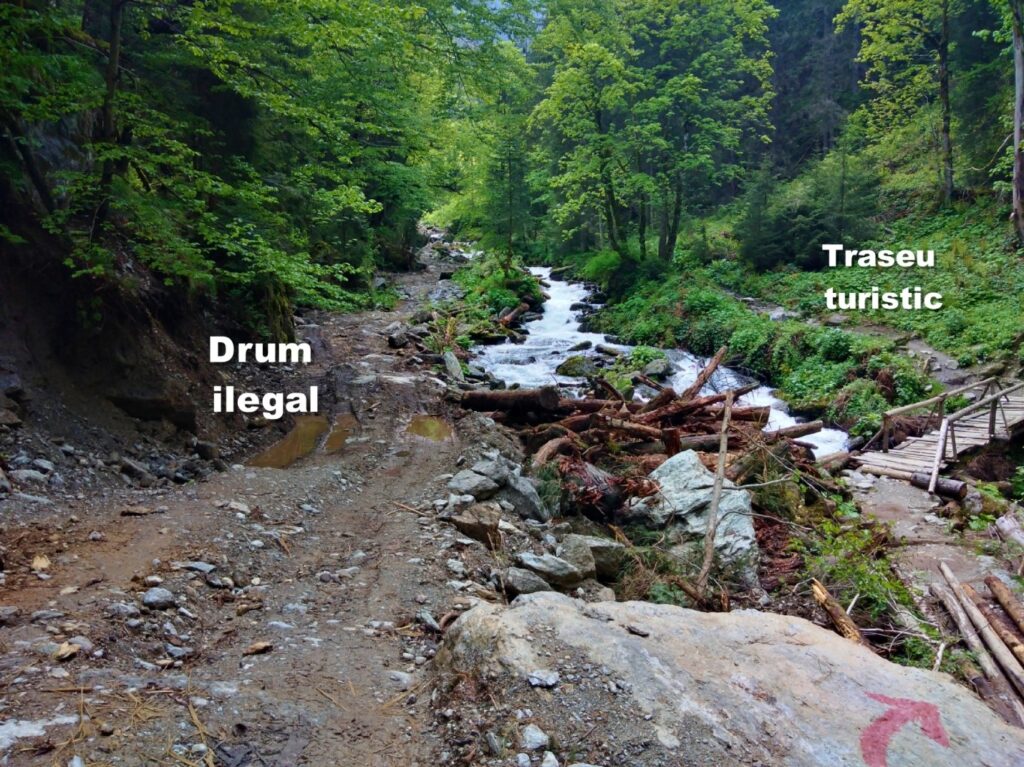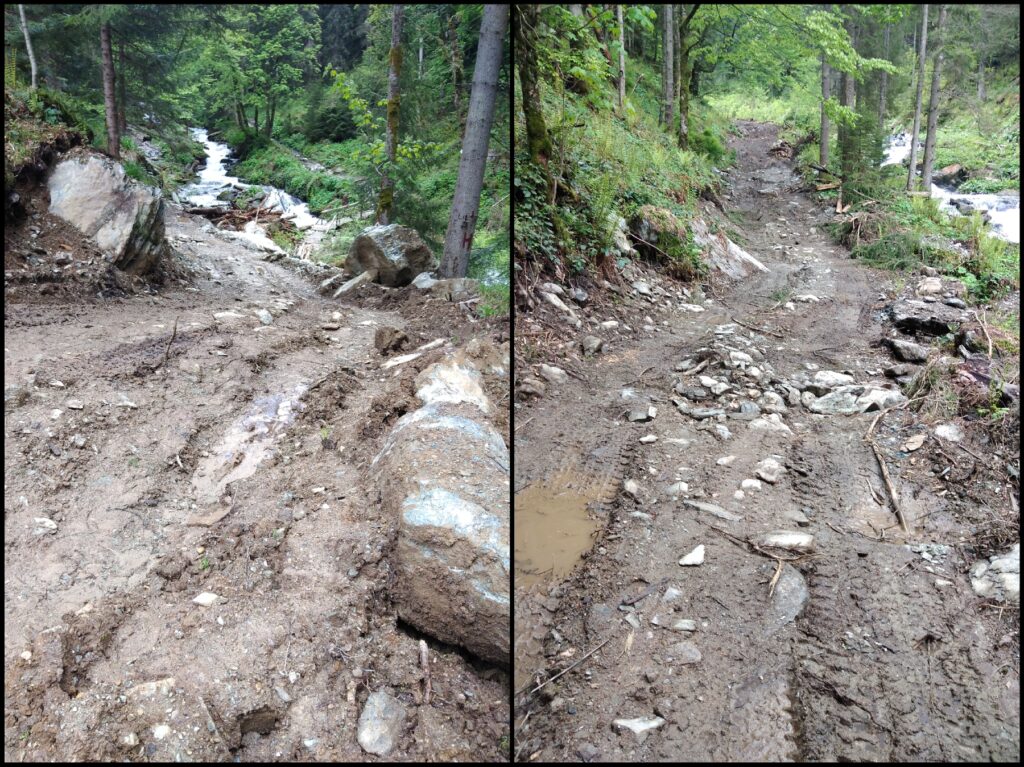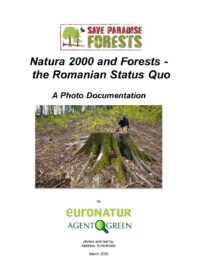In a direct attack on EU nature protection goals, a draft decision was introduced to the Romanian Parliament by the President of Chamber of Deputies, with the aim of pushing it to a vote on the next day, November 17. Luckily, this decision has been delayed. Agent Green and Greenpeace call on Deputies to reject this unprecedented attack against nature protection.
Agent Green and Greenpeace reacted immediately and drew the attention of the parliamentarians of the Chamber of Deputies that the draft decision on the EU Biodiversity Strategy would seriously endanger national security and biodiversity and would aggravate the climate crisis. The underhanded intent of this draft decision is to block the enlargement of strictly protected areas in Romania from current coverage of only 1% to the EU goal of 10% of the country’s surface and the expansion of the European network of Natura 2000 protected natural areas from 23% to 30%. These targets are to be met gradually by 2030.
The draft decision was submitted by the President of the Chamber of Deputies. It is not known who the drivers in the background are for this unprecedented attempted political coup against nature protection. In the end, the draft decision was not voted in the Chamber of Deputies immediately as planned. However, it will be sent to the internal Commission of European Affairs in two weeks time. NGOs see this as an attempt by vested industry lobby interests to derail nature protection regimes.
For conservationists, it is completely incomprehensible that this unprecedented step has been initiated in the middle of ongoing EU infringement proceedings against the Romanian government triggered by widespread and systemic non compliance of the Romanian forest sector with EU nature protection legislation.
“Deputies cannot adopt a decision that endangers the future of nature and the life of every citizen, a life that depends on a healthy natural environment. The decision submitted to the vote today is a deeply anti-European one, it deprives Romania of key financing and endangers the economic recovery. It is unprecedented in the European Union “, warned Gabriel Păun, the president of Agent Green.
Ciprian Gal, Greenpeace Romania: “We are concerned that some in the Romanian Parliament do not understand how important biodiversity is to us. However, we hope that parliamentarians will have time to google ‘biodiversity’ before voting on one of the most shameful legislative initiatives in the history of environmental protection. In addition to a lot of information that even for children can understand, they will be able to find reports, including by the United Nations, that talk about the importance of saving natural ecosystems.“
Furthermore, the EU strategy provides for an allocation of EUR 20 billion per year for biodiversity protection from various sources, including EU funds and national and private funding. Aspects related to natural capital and biodiversity should be integrated into commercial practices.
A key element of the European biodiversity strategy is to increase the Natura 2000 network to 30% of the natural ecosystems of each Member State, including Romania. The Natura 2000 network is estimated to support 104,000 direct jobs in protected area management and conservation activities and another 70,000 indirect jobs. All this is based on annual investments of EUR 6 billion for the management and restoration of the network. In the future, biodiversity needs are expected to generate up to 500,000 jobs. Nature restoration means direct and indirect jobs, which give new life to local communities.
The draft decision fundamentally attacks the new EU Biodiversity Strategy 2030 and the need of biodiversity protection as such and apparently lacks any understanding of the issues addressed. It states that there is a need to conduct scientific analyses, based on long term experiments and monitoring, to demonstrate in detail, that biodiversity of natural and anthropic ecosystems really contribute at the resilience of the communities.
In May 2020, when the EU Biodiversity Strategy 2030 was published, the European Commission announced that “it is time to reconcile with nature. Nature restoration is a central element of the EU’s recovery plan from the coronavirus pandemic, providing immediate business and investment opportunities to revive the European economy. Climate change, biodiversity loss and the spread of devastating pandemics are proof that this is necessary.”
Rich, intact biodiversity is essential for functioning of ecosystems and their services for humans – such as water storage, food provision, soil protection, slope stabilisation, oxygen production and local climate regulation.
The world is facing an escalating biodiversity crisis, as the UN Biodiversity Council revealed in 2019. Wildlife population has declined by 60% in the last 40 years.
1 billion species are at risk of extinction. The decline of biodiversity and the climate crisis are interdependent. Restoring forests, soils and wetlands and creating green spaces in cities are key to mitigating the effects of climate change by 2030.
“This proposed decision utterly undermines science and humanity’s common understanding of the critical importance nature plays in sustaining life on earth. It must be rejected”, Mr Păun says.
